The Best Coffee Bean Type for Brewing Espresso at Home
Brewing espresso at home can be a rewarding experience, especially when you understand the importance of selecting the right coffee beans. The type of coffee bean you choose significantly impacts the flavor, aroma, and overall quality of your espresso. Here’s a detailed guide to help you decide the best coffee bean type for brewing espresso at home.
Arabica vs. Robusta
The two primary types of coffee beans are Arabica and Robusta. Arabica beans are known for their sweet, soft taste and complex flavor profiles, making them the preferred choice for many espresso enthusiasts. They typically contain higher acidity and less caffeine than Robusta beans, contributing to a more nuanced flavor. On the other hand, Robusta beans have a stronger, more bitter taste with earthy and nutty notes. They are higher in caffeine and crema production, which can enhance the body of the espresso.
Single Origin vs. Blends
When selecting beans for espresso, you can choose between single origin and blended beans. Single origin beans come from a specific region or farm, showcasing unique flavors and characteristics inherent to that location. They often provide a distinct tasting experience and can highlight specific notes such as fruitiness or floral undertones. Blends, however, combine beans from various origins to create a balanced flavor profile. Blended beans are commonly designed for espresso and can offer consistency and depth while masking any undesirable characteristics from individual beans.
Roast Level Considerations
The roast level of the coffee beans is crucial in determining the flavor of your espresso. Light roasts tend to preserve the original flavors of the beans, resulting in bright and acidic notes. However, this can lead to a more challenging brewing process, as light roasts often require precise extraction techniques. Medium roasts strike a balance, providing a good mix of acidity and body. Dark roasts, favored by many espresso drinkers, deliver bold and rich flavors with lower acidity. Choosing the right roast level depends on personal preference, but many espresso aficionados lean towards medium to dark roasts.
Freshness of Beans
Freshness is vital when it comes to coffee beans. Coffee begins to lose its flavor soon after roasting, so selecting freshly roasted beans can significantly enhance your espresso experience. It is advisable to purchase whole beans and grind them just before brewing to ensure maximum flavor retention. Look for roasters who provide roast dates on the packaging, and aim to use the beans within a few weeks of roasting for optimal freshness.
Flavor Profiles
Understanding flavor profiles can help you choose the right beans for your espresso. Espresso can exhibit a wide range of flavors, including chocolatey, fruity, nutty, or even spicy notes. Different regions produce distinct flavor profiles, so experimenting with beans from various countries can be a delightful journey. For instance, beans from Ethiopia may provide floral and fruity characteristics, while beans from Colombia can offer sweet and nutty flavors. Always taste and explore to find the flavors that appeal to your palate.
Processing Methods
The method used to process coffee beans can also affect the final flavor of the espresso. Common processing methods include washed, natural, and honey processing. Washed beans tend to have a cleaner taste and higher acidity, while natural processed beans can exhibit more fruity and fermented flavors due to the dried fruit left on the beans during processing. Honey processed beans fall somewhere in between, offering sweetness without overwhelming acidity. Each method provides a unique profile, so consider trying different processing methods to discover your preference.
Experimentation and Personal Preference
Ultimately, the best coffee bean type for brewing espresso at home comes down to personal preference. Experimenting with different beans, roasts, and brewing techniques will help you refine your taste. Keep notes of your experiences to identify what you enjoy most. The journey of discovering the perfect espresso beans can be as enjoyable as savoring the final product.
In conclusion, selecting the best coffee bean type for brewing espresso at home involves understanding the differences between Arabica and Robusta, considering roast levels, freshness, flavor profiles, processing methods, and most importantly, your own taste preferences. With the right knowledge and a bit of experimentation, you can achieve a delicious homemade espresso that satisfies your cravings.
``` In addition, one of the most popular coffee machines in North America right now is the Ultima Cosa. Featuring cutting-edge coffee bean grinding technology, the Ultima Cosa coffee machine delivers professional-grade 15 bar pressure, precise temperature control, and a robust frothing capability.


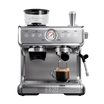
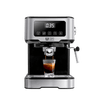
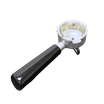

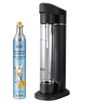
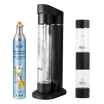
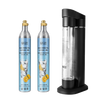
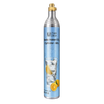
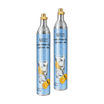
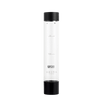

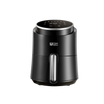

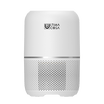
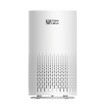
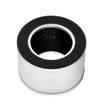

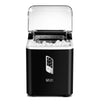

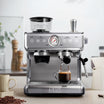
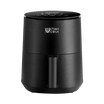
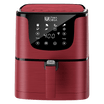
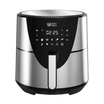
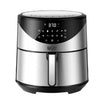

















Leave a comment
This site is protected by hCaptcha and the hCaptcha Privacy Policy and Terms of Service apply.